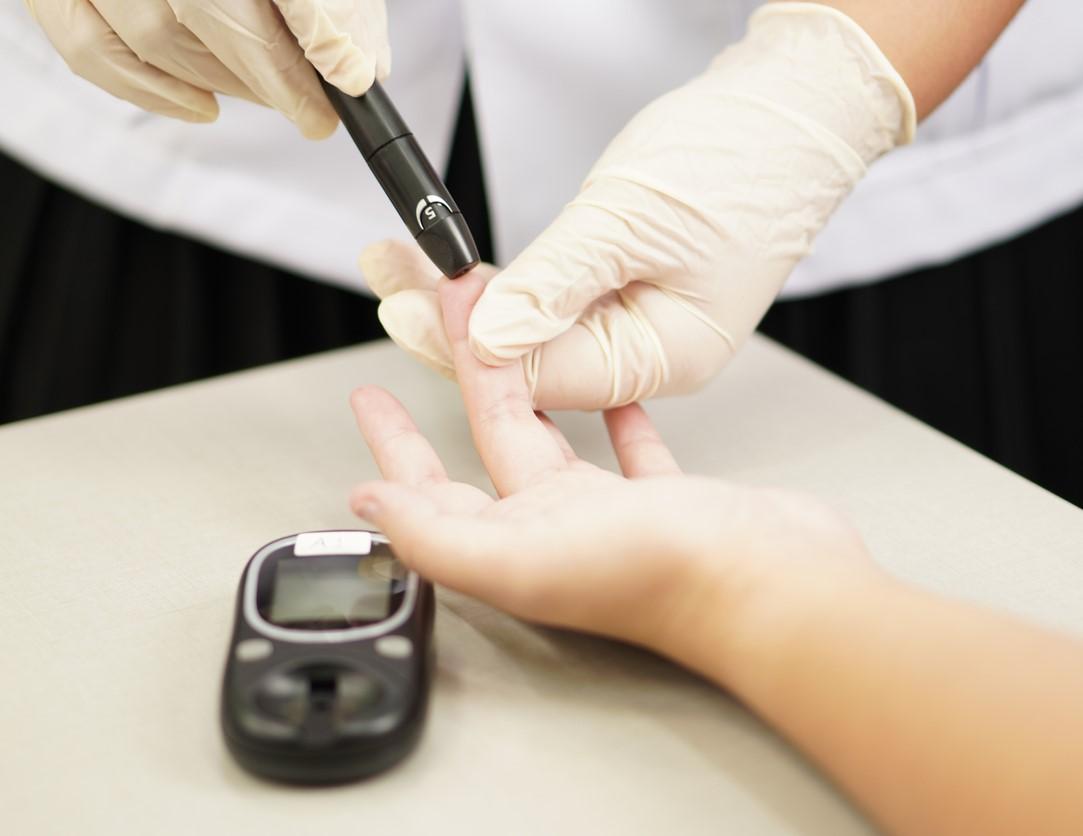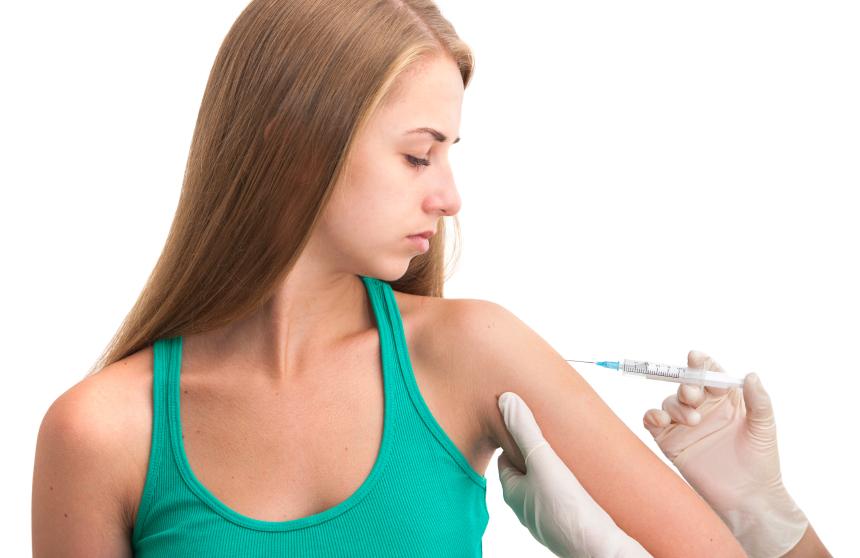South Korea has seen a significant uptick in outpatient antibiotic prescribing for respiratory infections since the end of COVID-19 restrictions, according to a report today in Korea Biomedical Review.
The results of a drug appropriateness assessment by South Korea's Health Insurance Review and Assessment Service (HIRA), which evaluates outpatient treatment at the country's 54,017 medical institutions, shows that the prescription rate of antibiotics for acute upper respiratory tract infections rose from 32.4% in 2022 to 41.4% in 2023. The rate of antibiotic prescribing for acute lower respiratory tract infections rose from 54.1% in 2022 to 59.8% in 2023.
The antibiotic prescribing rate for all outpatient general and respiratory diseases also saw year-on-year increases, according to the report.
By age, infants were prescribed the highest percentage antibiotics for acute upper respiratory tract infections, at 48.7%, followed by children and adolescents (42.9%), adults (40.4%), and older adults (27.2%). The highest rate of prescribing by institution was at health clinics (60.1%).
End of pandemic-era restrictions
The increase in antibiotic prescribing occurred as South Korea relaxed many of its pandemic-era restrictions, including a mask mandate. Those restriction may have played a role in a sharp drop in diagnosed non-COVID respiratory illnesses from 2020 to 2023. In 2021, the number of diagnostic statements for acute upper respiratory tract infections fell to less than half the pre-pandemic level.
"Although the prescription rate of antibiotics has been halved over the past 20 years, the rate has risen again since the coronavirus endemic, so we will make efforts in various ways, such as strengthening support for medical institutions, including quality improvement support and improving the value-added payment project," Kim Ki-won, head of HIRA's Evaluation and Management Office, told the journal.
HIRA said it will send notices to healthcare facilities with high antibiotic prescribing rates.

















